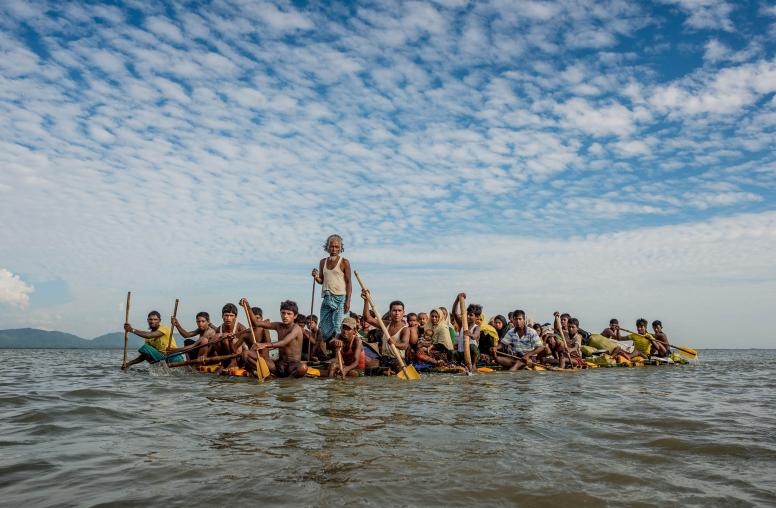Fiery Dragons: Banks, Moneylenders and Microfinance in Burma
At the dawn of the twentieth century Burma was the richest country in Southeast Asia. By the dawn of the twenty-first it was the poorest. The journey between these poles is the political and economic history of modern Burma. It is a history in which the common thread has been the failure to fashion the institutions necessary for sustained economic growth - including that of a properly functioning financial system. A careful analysis of Burma's financial system - of its banks, moneylenders and 'microfinanciers' - reveals volumes about the country's descent, its current circumstances, and also about finding ways forward.
At the dawn of the twentieth century Burma was the richest country in Southeast Asia. By the dawn of the twenty-first it was the poorest. The journey between these poles is the political and economic history of modern Burma. It is a history in which the common thread has been the failure to fashion the institutions necessary for sustained economic growth - including that of a properly functioning financial system. A careful analysis of Burma's financial system - of its banks, moneylenders and 'microfinanciers' - reveals volumes about the country's descent, its current circumstances, and also about finding ways forward. The story of Burma's financial system and its players is one that has shaped the country; from the alienation of the land in the colonial era, to the backlash against the foreign moneylender; from the great state banks of the democracy years, to the Orwellian 'people's banks'; from the bizarre demonetization experiences, to the rise and crash of Burma's entrepreneurial bankers; and from the money launderers to the practitioners of microfinance.
Professor Sean Turnell, an economics professor at Macquarie University in Australia, will examine how events in the financial and monetary sphere have been unusually, spectacularly, prominent in Burma's turbulent modern history. He will explore linkages between economic developments and conflict management, discuss how policy and institutional reform could help establish a viable constituency for peace, and propose entry points for the international community to foster economic reform and viable statehood in Burma.
Speakers
- Sean Turnell
Associate Professor, Department of Economics, Macquarie University, Australia - Lex Rieffel, Discussant
Nonresident Senior Fellow, Global Economy and Development, The Brookings Institution - Bridget Welsh, Discussant
Associate Professor, Southeast Asia Studies, School of Advanced International Studies, Johns Hopkins University - Raymond Gilpin, Moderator
Associate Vice President, Sustainable Economies Center of Innovation, U.S. Institute of Peace



